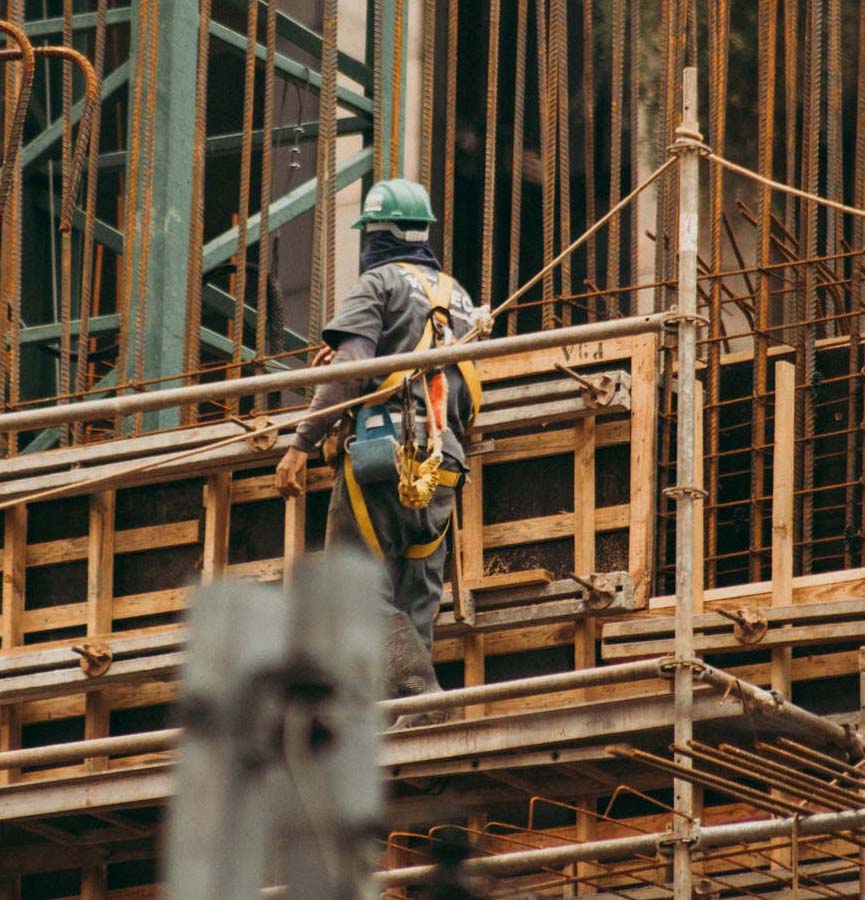Our Services
Pool as a form of reinsurance falls into proportional class, just like Quota Share, Surplus or Facultative Obligatory. In pooling arrangement, risks are accepted by members and then ceded to the Pool which in turn may arrange retrocession to members or other forms of retrocession cover to protect its exposure. Member companies in the Pool are bound in agreement as to how a specific class of risks shall be handled and/or ceded to it. Such agreement is developed in such a manner to serve as the major working document and to regulate transactions between members and the Pool. A major benefit is that Pool members who are primary underwriters can accept liability risks beyond their existing capacity. This in turn offers a great commercial advantage to such members from such creativity.
The Nigeria Liability Insurance Pool provides covers for all the member Companies in the Pool in the following Classes Of business
Occupiers’ Liability

The law provides that every public building must be insured against liability in the case of loss, damage to property, death or bodily injury that may be caused by collapse, fire, earthquake, storm or flood. A public building refers to any building accessible to people for educational, medical, recreational
Directors’ & Officers’ Liabilities

D&O insurance policies offer liability cover for company managers to protect them from claims which may arise from the decisions and actions taken within the scope of their regular duties. As such, D&O insurance has become a regular part of companies’ risk management. Companies purchase D&O cover because managers can
Contractors’ All Risks (Liability only)

It covers liability for Third Party claims, be it injury, death or damage to Third Party property.
In addition to the classes of cover which the Pool presently provides, it was considered to be great value to include the following insurance products which had been made compulsory by different
Builders’ Liability

This cover provides indemnity in respect of Construction related Risks Resulting in Death of Site Workers; Death of Third Parties; Injury to Site Workers or Third Parties; damage to Site Workers’ or Third Parties’ property and even legal costs. It is a compulsory insurance policy for contractors and owners of
Professional Indemnity

Professional Indemnity Insurance (PII) is a form of liability insurance that helps protect professional advisers, service-providing individuals and companies from bearing the full cost of defending themselves against a negligence claim made by a client and damages awarded in such a civil lawsuit in the conduct of their business.
Motor Third Party Liability

As required by section (53) the Motor Vehicles (Third Party Insurance) Act 1945, this insurance policy is made compulsory for owners & drivers of vehicles, motorcycles and other special type vehicles (both private and commercial). It is the minimum cover required for vehicle owners and covers against liabilities such
General Third Party Public Liability

General third-party liability insurance is primarily addressed to companies and it covers general mandatory liability, which is directly related to economic activities, to both third parties and company’s own clients in case of personal injuries or property losses. The insurance “General Third-party Liability” covers the liability of legal entities and
Employers’ Contingent Liability

This policy was formerly known as the Workmen’s Compensation Policy, which was a compulsory insurance and guided by the Workmen’s Compensation Decree of 1987 (Workmen’s Compensation Act of 1990). Under this Act, employers are mandated by law to be responsible for the compensation of any employee under the contract of










